News
-
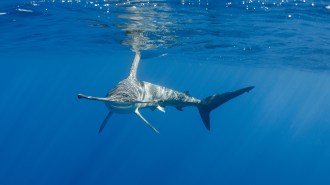 Oceans
OceansSpecies may swim thousands of kilometers to escape ocean heat waves
A new analysis of ocean heat waves shows latitude matters when it comes to how far fish and other sea species must go to find cooler waters.
-
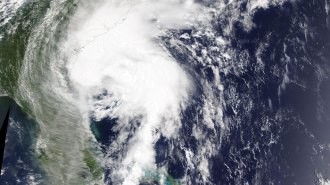 Earth
EarthPredictions for the 2020 Atlantic hurricane season just got worse
Wind patterns and abnormally warm seawater are conspiring to create especially hurricane-friendly conditions in the Atlantic.
-
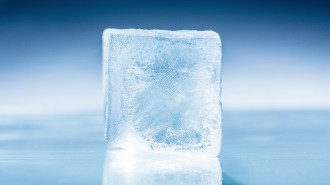 Physics
PhysicsA new experiment hints at how hot water can freeze faster than cold
A study of tiny glass beads suggests that the Mpemba effect is real.
-
 Climate
ClimateEmissions dropped during the COVID-19 pandemic. The climate impact won’t last
New estimates suggest coronavirus shutdowns cut global carbon dioxide emissions from fossil fuels by nearly 30 percent, on average.
-
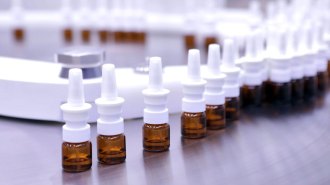 Health & Medicine
Health & MedicineRogue immune system reactions hint at an early treatment for COVID-19
A comprehensive look at the immune system shows multiple ways it misfires in COVID-19. Treating with interferon early might prevent trouble later.
-
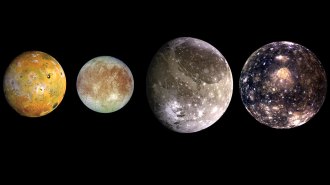 Planetary Science
Planetary ScienceJupiter’s moons could keep each other warm by raising tidal waves
Along with gravity from the enormous planet, tidal forces between Jupiter’s moons could generate a surprising amount of heat.
-
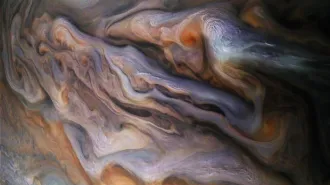 Space
Space‘Exotic’ lightning crackles across Jupiter’s cloud tops
Newly spotted lightning, which could form thanks to ammonia antifreeze, is weaker but more frequent than any flashes seen on Jupiter before.
-
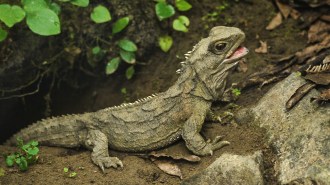 Animals
AnimalsHow tuatara live so long and can withstand cool weather
Tuatara may look like your average lizard, but they’re not. Now, researchers have deciphered the rare reptiles’ genome, or genetic instruction book.
By Jake Buehler -
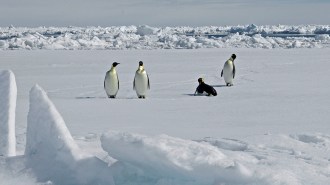 Animals
AnimalsPenguin poop spotted from space ups the tally of emperor penguin colonies
High-res satellite images reveal eight new breeding sites for the world’s largest penguins on Antarctica, including the first reported ones offshore.
-
 Health & Medicine
Health & MedicineFive big questions about when and how to open schools amid COVID-19
Researchers weigh in on how to get children back into classrooms in a low-risk way.
-
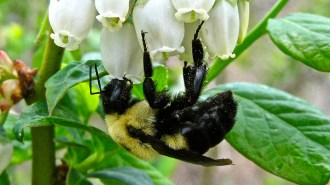 Life
LifeWild bees add about $1.5 billion to yields for just six U.S. crops
Native bees help pollinate blueberries, cherries and other crops on commercial farms.
By Susan Milius -
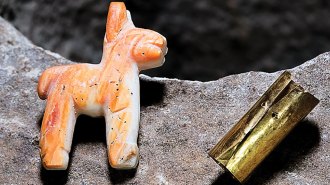 Archaeology
ArchaeologyA submerged Inca offering hints at Lake Titicaca’s sacred role
Divers found a stone box holding a figurine and a gold item, highlighting Lake Titicaca’s sacred status to the Inca.
By Bruce Bower